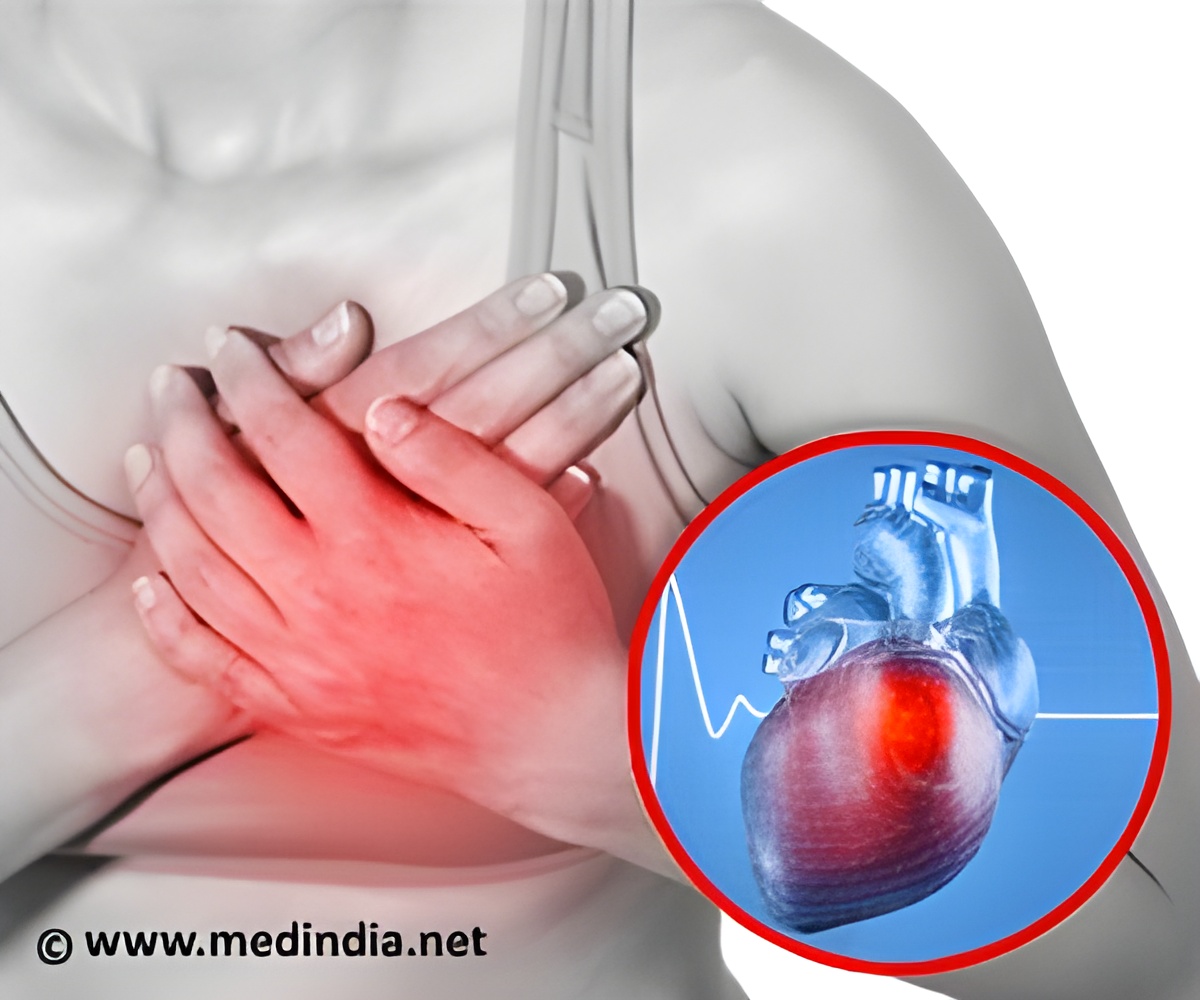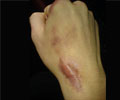Women once considered low risk for heart disease show evidence of previous heart attack scars. Second annual Go Red for Women issue revealed.

‘The Second Annual Go Red for Women Issue revealed that heart attack, even though prevalent among women, is frequently undiagnosed. The study finds myocardial scar among many women who were not diagnosed with heart attack, indicating that these women have experienced prior heart muscle damage.’





"This study proves that women need to be taken seriously when they complain of chest pain, even if they don't have the typical symptoms we see in men," said Janet Wei, MD, the first author of the study. "Too often, these women are told they don't have a heart problem and they are sent home instead of receiving appropriate medical care."The study is part of the ongoing Women's Ischemic Syndrome Evaluation (WISE) study, a multiyear, multicenter research project. Sponsored by the National Heart, Lung, and Blood Institute, the study began in 1997 and has brought to light gender-related differences in heart disease.
The study looked at women who had complained of chest pain and had no coronary artery blockages. Results include:
- Of the 340 women who underwent cardiac magnetic resonance (CMR), a detailed imaging scan of the heart, 26, or 8 percent, were found to have myocardial scar, indicating the women had experienced prior heart muscle damage.
- Approximately one-third of those 26 women were never diagnosed with a heart attack, even though their cardiac scans indicated they had heart muscle damage
- Of the 179 women who underwent a one-year follow-up CMR, 2 women, or 1 percent were found to have myocardial scar that wasn't there the year before; both of these women had interim hospitalizations for chest pain but were not diagnosed with heart attacks.
Men with heart disease are more likely to have major plaque build-up in the major arteries bringing blood to the heart. A heart attack occurs when plaque causes blood flow to decrease or stop.
The WISE study has revealed that women who don't have blockages in their major heart arteries, but who experience chest pain might have microvascular dysfunction in the tiny vessels around the heart. That condition can go undetected because typical heart attack tests, such as an electrocardiogram, often don't detect microvascular dysfunction.
Advertisement
As a result of the study, Wei and Bairey Merz are collaborating with Jennifer Van Eyk, Ph.D, a renowned expert in the study of proteins, including troponin, a protein that appears in the blood after a heart attack.
Advertisement
Source-Eurekalert














